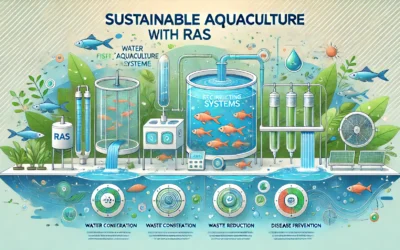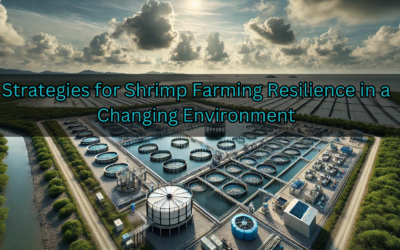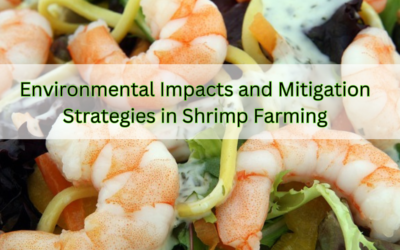WorldWide Aquaculture, LLC (WWA) is an international research, consulting and development company working with sustainable aquaculture. We are based in Northern Colorado, but work on projects around the world. Our goal is to play a small part in increasing the awareness of the benefits of sustainable aquaculture as a community based food source.
We are currently developing community scaled systems in our Northern Colorado research complex that can generate reasonable profits from systems that are constructed with minimal capital outlays. We are actively demonstrating the viability of these systems both ecologically and economically. We call this ECOLONOMIC.

We are also working on sustainable aquaculture projects throughout the world that include:

Super-intensive shrimp culture in Colorado and Ohio

Coral banking research and development in Colorado

Local scale aquaculture in farm ponds

Community scale aquaponics development in Colorado, Minnesota, Dominican Republic, Alberta CA, and Costa Rica

Coral live-rock production in Colorado

Aquaponics in farm ponds

Livestock micro-green culture in Colorado

Super-intensive shrimp culture research in Colorado

Partnerships
Stay Connected
Get all the news and update on all happenings in the field of Aquaculture
RECENT BLOG ARTICLES
The Role of Recirculating Aquaculture Systems (RAS) in Sustainable Fish Farming
Introduction to RAS Recirculating Aquaculture Systems (RAS) represent a groundbreaking approach to fish farming that addresses many of the environmental and operational challenges posed by traditional methods. In essence, RAS operates by continuously filtering and...
Strategies for Shrimp Farming Resilience in a Changing Environment
Shrimp farming is increasingly vulnerable to the impacts of climate change. Rising temperatures, sea level rise, and extreme weather events threaten the industry's sustainability. To ensure the long-term viability of shrimp farming, it is crucial to adopt resilient...
Environmental Impacts and Mitigation Strategies in Shrimp Farming
Shrimp farming has become an essential source of protein worldwide, especially in the subtropical and tropical lowlands of the United States and Asia. However, the explosive growth of shrimp farming has raised significant environmental concerns, such as habitat...



